Home>diy>Building & Construction>What Does Turnkey Mean In Construction


Building & Construction
What Does Turnkey Mean In Construction
Modified: December 7, 2023
Discover the meaning of "turnkey" in the context of building construction. Learn how turnkey projects offer a complete solution, from design to final construction, saving time and resources.
(Many of the links in this article redirect to a specific reviewed product. Your purchase of these products through affiliate links helps to generate commission for Storables.com, at no extra cost. Learn more)
Introduction
In the world of construction, the term “turnkey” is often thrown around, but what does it actually mean? Put simply, a turnkey construction project refers to a project that is fully completed and ready for use. This means that everything from the planning and design stage to the construction and final finishing touches are handled by a single entity – the turnkey contractor.
Turnkey construction projects have become increasingly popular in recent years due to their efficiency and convenience. They allow clients to have a hassle-free experience, as they don’t need to worry about coordinating multiple contractors or managing various aspects of the construction process. Instead, they can rely on the expertise and capabilities of a dedicated turnkey contractor to handle everything from start to finish.
In this article, we will delve deeper into the concept of turnkey construction and explore its key features, advantages, and disadvantages. We will also discuss the role of turnkey contractors and take a closer look at the process of completing a turnkey project. By the end, you will have a comprehensive understanding of what turnkey means in the construction industry and how it can benefit you as a client.
So, if you’re ready to embark on a construction journey without the headaches and stress, let’s dive into the world of turnkey construction and discover why it has become such a popular choice in the industry.
Key Takeaways:
- Turnkey construction projects offer clients a hassle-free and efficient experience by providing a single point of contact, time-saving efficiencies, cost certainty, and a comprehensive solution from start to finish.
- While turnkey construction provides convenience, clients should carefully consider the limited control over the design process and reliance on the turnkey contractor. Thorough research, open communication, and clear expectations are crucial for a successful turnkey construction experience.
Definition of Turnkey in Construction
In the realm of construction, the term “turnkey” refers to a type of project where the client can simply “turn the key” and walk into a completed and fully operational building. It involves the transfer of responsibility from the turnkey contractor to the client, with the contractor overseeing and executing all aspects of the project.
In a turnkey construction project, the contractor takes on the role of both the designer and builder. From the initial conceptualization and planning phase to the final execution and handover, the turnkey contractor manages every step of the process. This includes obtaining permits, procuring materials, coordinating subcontractors, and ensuring that all necessary inspections and approvals are obtained.
The turnkey contractor acts as a single point of contact for the client, eliminating the need for the client to engage with multiple parties. This streamlines communication and reduces the potential for miscommunication or delays. The contractor assumes full responsibility for delivering a finished facility that meets the client’s requirements and specifications.
One of the key features of turnkey construction is that it is a comprehensive solution, encompassing all aspects of the project. This includes not only the physical construction of the building but also the installation of fixtures, fittings, and equipment. The client can expect a fully functional and ready-to-use space upon completion, without the need for any additional work or modifications.
Turnkey projects are often preferred for their convenience and time-saving benefits. Clients can save significant time and effort by entrusting the entire project to a turnkey contractor. They can focus on their core business activities while relying on the expertise of the contractor to handle all construction-related tasks.
It is important to note that the exact scope and level of customization in a turnkey project can vary. Some turnkey projects may involve more standard designs and finishes, while others may offer a higher degree of customization to meet the client’s specific needs. Regardless of the level of customization, the central idea remains the same – a turnkey project provides a complete and ready-to-use solution for the client.
In the next section, we will explore the key features of turnkey construction projects in more detail, shedding light on why they have gained popularity in the construction industry.
Key Features of Turnkey Construction Projects
Turnkey construction projects come with several key features that make them a popular choice for clients in the construction industry. These features contribute to the convenience, efficiency, and quality that turnkey projects offer. Let’s take a closer look at these key features:
1. Single Point of Contact: One of the main advantages of a turnkey project is that the client has a single point of contact throughout the construction process. The turnkey contractor acts as the project manager, overseeing all aspects and coordinating with subcontractors, suppliers, and other stakeholders. This simplifies communication and reduces the likelihood of misunderstandings or delays.
2. Comprehensive Solution: Turnkey projects offer a comprehensive solution, handling all aspects of the construction process from start to finish. This includes design, procurement, construction, interior finishes, and even obtaining necessary permits and approvals. The client can expect a complete and fully operational building when the project is handed over.
3. Time Efficiency: Turnkey projects are known for their time efficiency. Since the turnkey contractor is responsible for managing the entire project, they can streamline the construction process and ensure timelines are met. This saves the client the hassle of coordinating multiple contractors and potential delays due to miscommunication or scheduling conflicts.
4. Quality Control: With a turnkey project, the contractor maintains strict quality control throughout all stages of construction. They are responsible for sourcing high-quality materials and ensuring that the workmanship meets industry standards. This helps to achieve a finished product that is of superior quality and meets the client’s expectations.
5. Cost Certainty: Turnkey projects often come with a fixed price or a guaranteed maximum price. This provides clients with cost certainty and prevents unexpected budget overruns. The turnkey contractor takes on the responsibility of managing costs and controlling expenses, providing transparency and peace of mind to the client.
6. Handover of Fully Operational Space: At the end of a turnkey project, the client receives a fully operational space that is ready for immediate use. This includes the installation of fixtures, fittings, and equipment, ensuring that the client can seamlessly transition into their new environment.
7. Flexibility and Customization: While turnkey projects typically offer a more standardized approach, there is still room for flexibility and customization. Clients can work closely with the turnkey contractor to incorporate their specific requirements and preferences while ensuring adherence to project timelines and budget constraints.
These key features make turnkey construction projects an attractive option for clients seeking a hassle-free, efficient, and high-quality construction experience. In the next section, we will delve into the pros and cons of turnkey construction to further understand its benefits and limitations.
Pros and Cons of Turnkey Construction
Turnkey construction projects offer numerous advantages for clients, but it is important to consider the potential drawbacks as well. In this section, we will explore the pros and cons of turnkey construction to provide a balanced view.
Pros:
1. Convenience: One of the main benefits of turnkey construction is the convenience it offers to clients. With a single point of contact and the turnkey contractor handling all aspects of the project, clients can save time and effort by avoiding the complexities of coordinating multiple contractors and suppliers.
2. Time-saving: Turnkey projects are known for their time efficiency. The contractor manages project timelines and coordinates various tasks, allowing for a streamlined and expedited construction process. Clients can expect to move into their completed building sooner compared to traditional project delivery methods.
3. Reduced Stress: By entrusting the entire project to a turnkey contractor, clients can alleviate the stress and burden associated with managing a construction project. The contractor takes on the responsibility of ensuring all tasks are completed and meets the client’s specifications. This allows clients to focus on their core business or other priorities.
4. Cost Certainty: Turnkey projects often come with a fixed price or guaranteed maximum price, providing clients with cost certainty. This helps prevent budget overruns and allows for better financial planning. The turnkey contractor takes on the responsibility of managing costs and controlling expenses, increasing transparency for the client.
Cons:
1. Limited Control: One of the potential drawbacks of turnkey construction is the limited control clients have over the project. Since the turnkey contractor handles most of the decision-making and coordination, clients may have less involvement in the process. This could lead to a reduced ability to customize or make changes during the construction phase.
2. Potential Communication Issues: While turnkey projects aim to streamline communication, there is still a risk of miscommunication or misunderstandings between the client and the turnkey contractor. Clear and effective communication is crucial to ensure that the client’s requirements are fully understood and implemented.
3. Higher Cost: While turnkey projects offer cost certainty, they may come with a higher upfront cost compared to traditional construction methods. The added convenience and comprehensive services provided by the turnkey contractor often come at a premium.
4. Limited Flexibility: Turnkey projects typically follow a more standardized approach, which may limit flexibility and customization options for clients. While some level of customization is possible, clients may have fewer choices when it comes to design and materials compared to a fully customized project.
Overall, turnkey construction offers many benefits, such as convenience, time-saving, and cost certainty. However, it is essential for clients to consider their specific needs and priorities to determine if a turnkey approach aligns with their goals. Evaluating the pros and cons can help clients make an informed decision when choosing the project delivery method that best suits their requirements.
Turnkey Contractors and their Role in Construction
Turnkey contractors play a vital role in the successful execution of turnkey construction projects. These contractors are responsible for overseeing and managing all aspects of the project, from conception to completion. Let’s explore the role of turnkey contractors in more detail.
1. Project Management: Turnkey contractors act as project managers, ensuring that all tasks are completed efficiently and within the specified timeline. They coordinate with architects, engineers, subcontractors, and suppliers to ensure smooth project execution. Their expertise in project management allows them to handle various complexities and challenges that may arise during construction.
2. Design and Engineering: Turnkey contractors are often involved in the initial design and engineering phase of the project. They work closely with architects and engineers to develop a comprehensive plan that meets the client’s requirements and regulatory standards. Their expertise in design and engineering helps to optimize the space and ensure efficient use of resources.
3. Procurement: Turnkey contractors are responsible for procuring all necessary materials, fixtures, and equipment for the construction project. They have established relationships with suppliers and can leverage their connections to obtain the best quality materials at competitive prices. This ensures that the project meets the required standards without exceeding the budget.
4. Construction Execution: The turnkey contractor oversees the entire construction process, ensuring that all tasks are executed with precision and adherence to quality standards. They manage the work of subcontractors, ensuring that each trade is coordinated efficiently. The contractor also ensures that all necessary inspections are carried out and that the project complies with building codes and regulations.
5. Quality Control: Turnkey contractors maintain strict quality control throughout the construction process. They ensure that workmanship meets industry standards and that the materials used are of superior quality. This is essential to ensure the durability and longevity of the completed building.
6. Project Handover: Upon completion of the project, the turnkey contractor prepares the building for handover to the client. This includes ensuring that all fixtures, fittings, and equipment are installed and operational. The contractor conducts final inspections to ensure that the building meets the client’s specifications and that all necessary permits and certificates are obtained.
7. Post-Construction Support: Turnkey contractors often provide post-construction support and warranty services to their clients. This ensures that any issues or concerns are addressed promptly and that the client is satisfied with the completed project.
The role of turnkey contractors is crucial in delivering a successful turnkey construction project. Their expertise in project management, design, procurement, and construction execution allows clients to have a seamless and stress-free experience throughout the construction process. By entrusting the project to a turnkey contractor, clients can benefit from their knowledge and industry experience, ultimately leading to a high-quality and fully functional building.
When a construction project is described as “turnkey,” it means that the contractor is responsible for the entire project from start to finish, including design, construction, and handing over the keys to the client. This can be a convenient option for clients who want a hassle-free construction experience.
Read more: What Does Furring Mean In Construction
The Process of Turnkey Construction Projects
Turnkey construction projects follow a well-defined process that encompasses various stages, from the initial planning and design to the final handover of the completed building. Understanding this process can give clients a clear idea of what to expect when embarking on a turnkey construction project. Let’s take a closer look at the typical process involved in turnkey construction:
1. Project Initiation: The process begins with the client and the turnkey contractor discussing the project requirements, goals, and budget. The contractor assesses the feasibility of the project and conducts a thorough site evaluation to understand the scope of work.
2. Design and Conceptualization: Once the project is approved, the turnkey contractor collaborates with architects and engineers to develop a comprehensive design plan. This includes conceptualizing the layout, considering structural and spatial requirements, and finalizing the aesthetic aspects of the building.
3. Permitting and Approvals: The turnkey contractor takes care of obtaining all necessary permits and approvals from relevant authorities. They navigate through the permitting process, ensuring compliance with local building codes and regulations.
4. Procurement and Pre-construction: The contractor manages the procurement of materials, fixtures, and equipment required for the project. They source high-quality materials at competitive prices, ensuring timely delivery. Pre-construction activities, such as site preparation and mobilization, are also undertaken during this phase.
5. Construction Execution: The turnkey contractor oversees the construction process, coordinating and managing subcontractors, workers, and suppliers. They ensure that the construction schedule is followed, maintaining quality control at every stage. Regular site visits and inspections are conducted to monitor progress and address any issues that arise.
6. Interior Finishes: Once the structural construction is complete, the focus shifts to the interior finishes of the building. This includes installation of flooring, painting, cabinetry, electrical fixtures, plumbing fixtures, and other design elements as specified in the design plan.
7. Testing and Commissioning: The contractor carries out thorough testing and commissioning of various systems within the building, such as electrical, HVAC, plumbing, and fire protection systems. This ensures that everything functions properly and meets industry standards and client expectations.
8. Final Inspections and Handover: The turnkey contractor conducts final inspections to ensure that all work has been completed to the required standards. Once satisfied, the contractor prepares for the handover of the building to the client. This includes providing comprehensive documentation, such as warranties and as-built drawings.
9. Post-Construction Support: Even after the project is officially handed over, turnkey contractors often continue to provide post-construction support. This includes addressing any warranty issues or concerns that may arise, ensuring the client’s satisfaction and peace of mind.
By following this well-structured process, turnkey construction projects ensure efficient project management, timely completion, and a high-quality end result. The turnkey contractor’s expertise and coordination play a vital role in delivering a satisfactory turnkey experience for clients.
Benefits and Risks of Choosing Turnkey Construction
Turnkey construction projects offer several benefits for clients, but it is essential to be aware of the potential risks involved as well. By understanding these benefits and risks, clients can make informed decisions when considering turnkey construction. Let’s explore both aspects in more detail:
Benefits:
1. Convenience: Turnkey construction projects provide clients with convenience and peace of mind. With a single point of contact, clients can avoid the complexities of coordinating multiple contractors and suppliers. The turnkey contractor handles all aspects of the project, streamlining communication and reducing the client’s involvement in day-to-day construction tasks.
2. Time-saving: Turnkey projects are known for their time efficiency. The turnkey contractor manages the project timeline and coordinates various tasks, ensuring that the construction process moves swiftly. This allows clients to move into their completed building sooner compared to traditional construction methods, saving both time and money.
3. Cost Certainty: Turnkey projects often come with a fixed or guaranteed maximum price, providing clients with cost certainty. This helps in preventing budget overruns and allows for better financial planning. The turnkey contractor takes on the responsibility of managing costs and controlling expenses, increasing transparency and minimizing financial surprises.
4. Single Source of Responsibility: With turnkey construction, the turnkey contractor assumes full responsibility for the project from start to finish. This means the client has a single point of contact for any concerns or issues that arise. The contractor is accountable for ensuring that the project is completed on time, within budget, and meets the client’s specifications.
Risks:
1. Limited Control: Choosing a turnkey construction project means that clients may have limited control over the design and decision-making process. The turnkey contractor may have predefined designs or a more standardized approach, which may restrict customization options for clients who desire more involvement in the project.
2. Reliance on Contractor: Clients must rely heavily on the expertise and capabilities of the turnkey contractor. If the contractor lacks experience or fails to effectively manage the project, it could lead to delays, cost overruns, or subpar workmanship. It is crucial to carefully select a reputable and competent turnkey contractor to mitigate this risk.
3. Potential Communication Issues: While turnkey projects aim to streamline communication, there is still a risk of miscommunication or misunderstandings between the client and the turnkey contractor. Clear and effective communication is vital to ensure that the client’s requirements are fully understood and implemented.
4. Higher Upfront Cost: Turnkey projects often come with a higher upfront cost compared to traditional construction methods. The added convenience and comprehensive services provided by the turnkey contractor come at a premium. Clients must carefully consider their budget and weigh the potential benefits against the increased cost.
It is important to assess these benefits and risks based on the specific needs and preferences of the client. Conducting thorough due diligence, selecting a reputable turnkey contractor, and maintaining open communication throughout the project can help mitigate potential risks and ensure a successful turnkey construction experience.
Examples of Turnkey Construction Projects
Turnkey construction projects are widely used across various sectors, offering a comprehensive solution for different building types and industries. Here are a few examples of turnkey construction projects:
1. Residential Buildings: Turnkey construction is popular for residential buildings, including single-family homes, townhouses, and apartment complexes. The turnkey contractor handles the entire construction process, from design to interior finishes, delivering move-in ready homes to buyers.
2. Commercial Buildings: Many commercial buildings, such as office complexes, retail centers, and hospitality establishments, are completed as turnkey projects. This allows business owners to focus on running their operations while the contractor takes care of everything from the initial design to the final construction and interior fit-outs.
3. Industrial Facilities: Turnkey construction is commonly used for industrial facilities, such as warehouses, manufacturing plants, and distribution centers. These projects often involve specialized requirements, and turnkey contractors are experienced in handling the unique needs of industrial clients, including incorporating specialized equipment and meeting compliance regulations.
4. Healthcare Facilities: Turnkey construction is suitable for healthcare facilities, including hospitals, clinics, and medical centers. The contractor ensures that the facility meets strict quality standards and adheres to healthcare regulations. They manage everything, from the layout design and medical equipment installations to the specialized plumbing and electrical requirements.
5. Education Institutions: Schools, colleges, and universities often opt for turnkey construction projects when expanding their campuses or constructing new facilities. The turnkey contractor works closely with the educational institution to understand their specific needs and design classrooms, labs, libraries, and other spaces accordingly.
6. Infrastructure Projects: Turnkey construction is also utilized for infrastructure projects such as roads, bridges, airports, and railways. The turnkey contractor manages all aspects of the project, including design, engineering, and construction, ensuring that the infrastructure is completed to specifications and meets safety standards.
7. Government Buildings: Many government buildings, including administrative offices, courthouses, and police stations, are built as turnkey projects. The turnkey contractor ensures that the buildings are designed and constructed in compliance with government regulations and functional requirements.
These examples showcase the versatility of turnkey construction across various sectors. Regardless of the type of building or industry, turnkey projects offer the convenience, efficiency, and quality assurance that many clients seek. From residential homes to large-scale infrastructure, turnkey construction provides a comprehensive solution for a wide range of construction needs.
Conclusion
Turnkey construction projects have emerged as a popular choice in the construction industry, offering clients a convenient and streamlined approach from start to finish. By entrusting the entire project to a turnkey contractor, clients benefit from a single point of contact, time-saving efficiencies, cost certainty, and a comprehensive solution.
Throughout this article, we have explored the definition of turnkey construction, its key features, the role of turnkey contractors, and the process involved. We have also discussed the benefits and risks associated with choosing turnkey construction, as well as provided examples of projects where turnkey approaches are commonly utilized.
While turnkey construction offers numerous advantages, it is important for clients to carefully consider their specific needs and priorities. The limited control over the design process and reliance on the turnkey contractor are risks that should be weighed against the convenience and time-saving benefits.
When selecting a turnkey contractor, clients should conduct thorough research, evaluate their experience and track record, and communicate openly to ensure expectations are met. By establishing clear communication channels and maintaining an ongoing dialogue, clients can have a successful turnkey construction experience.
Ultimately, turnkey construction provides clients with a hassle-free and efficient solution for their construction needs. Whether it’s a residential, commercial, or industrial project, turnkey construction offers a comprehensive package that saves time, offers cost certainty, and delivers a high-quality end result.
As the construction industry continues to evolve, turnkey construction projects are expected to remain a popular choice for clients seeking a seamless and streamlined construction experience. By understanding the concept of turnkey construction and its benefits and risks, clients can make informed decisions and embark on a construction journey with confidence.
So, if you’re considering a construction project and desire a hands-off approach with a trusted professional overseeing every detail, turnkey construction may be the ideal option for you.
Frequently Asked Questions about What Does Turnkey Mean In Construction
Was this page helpful?
At Storables.com, we guarantee accurate and reliable information. Our content, validated by Expert Board Contributors, is crafted following stringent Editorial Policies. We're committed to providing you with well-researched, expert-backed insights for all your informational needs.



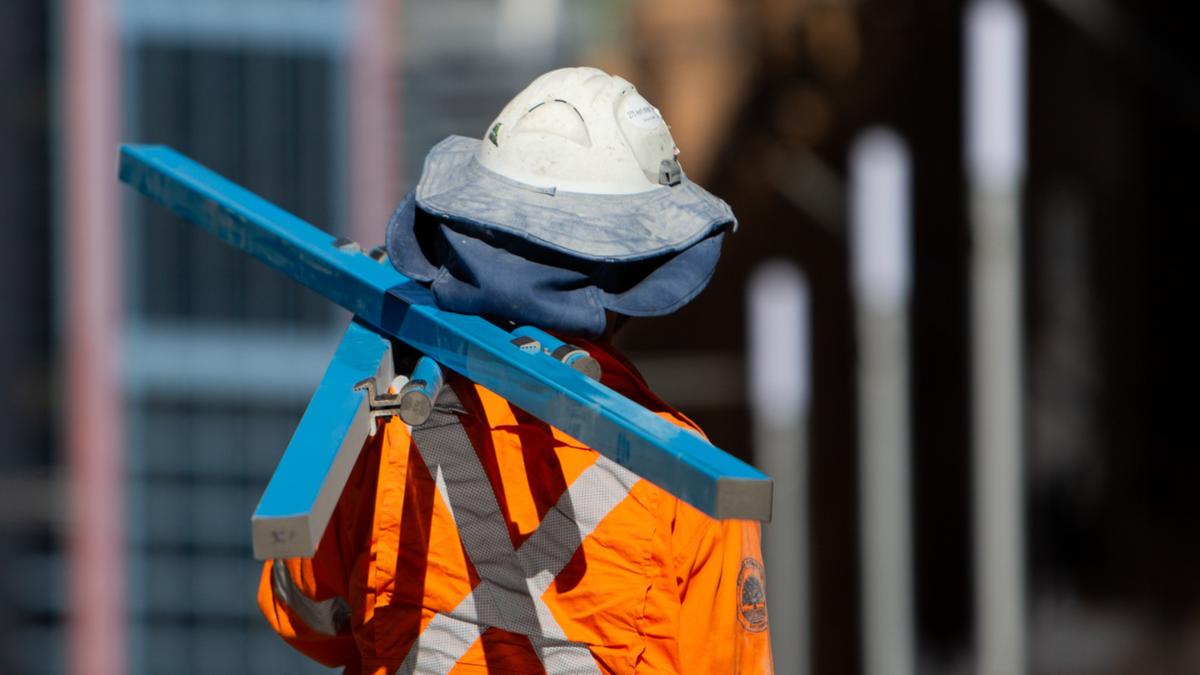



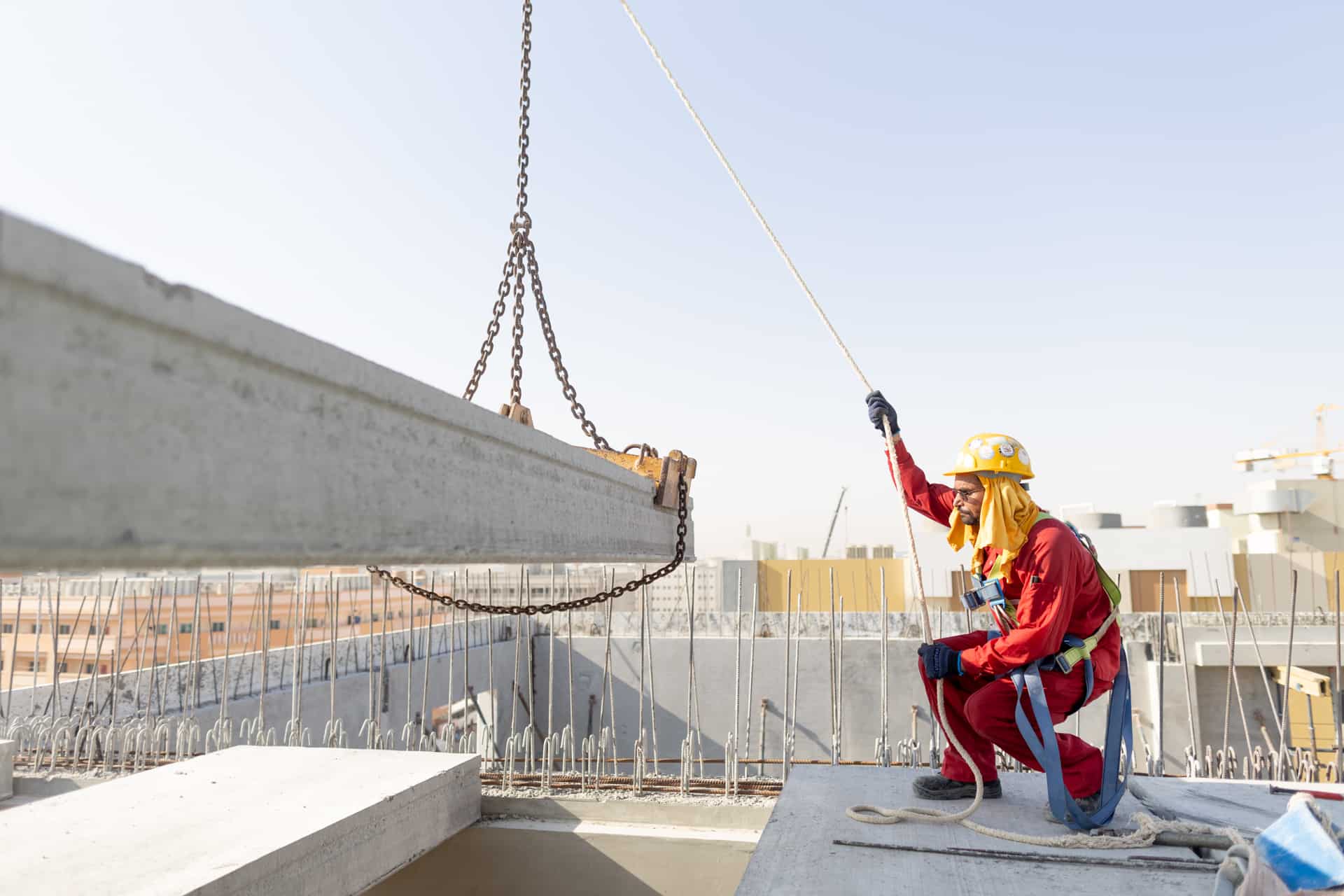
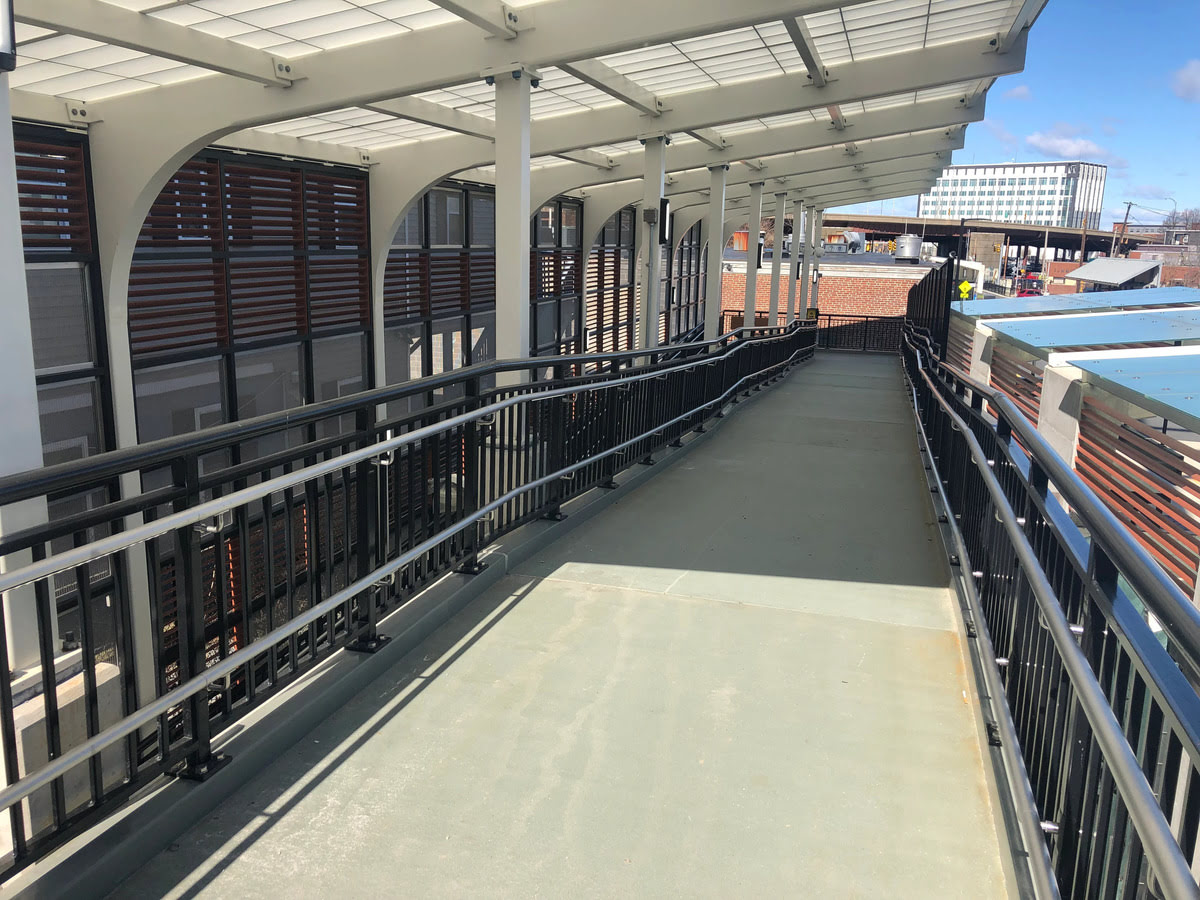
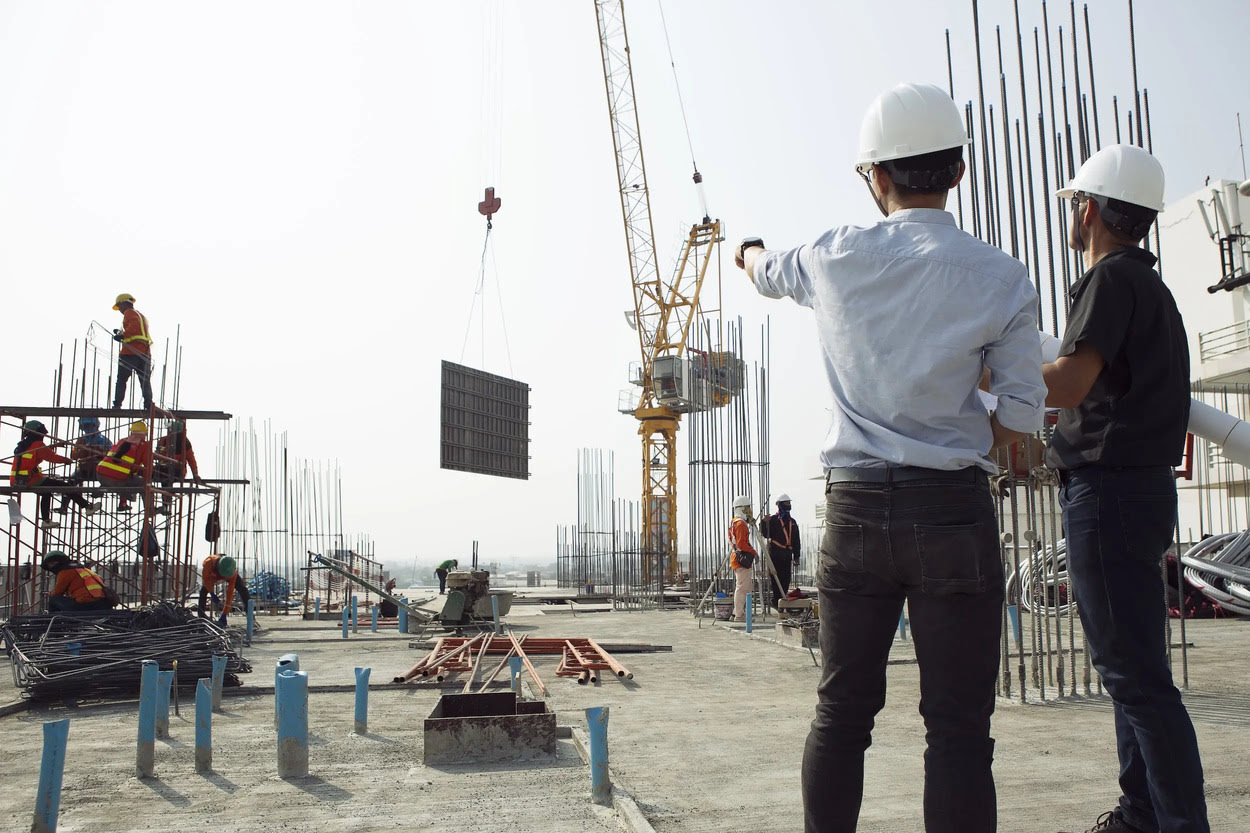
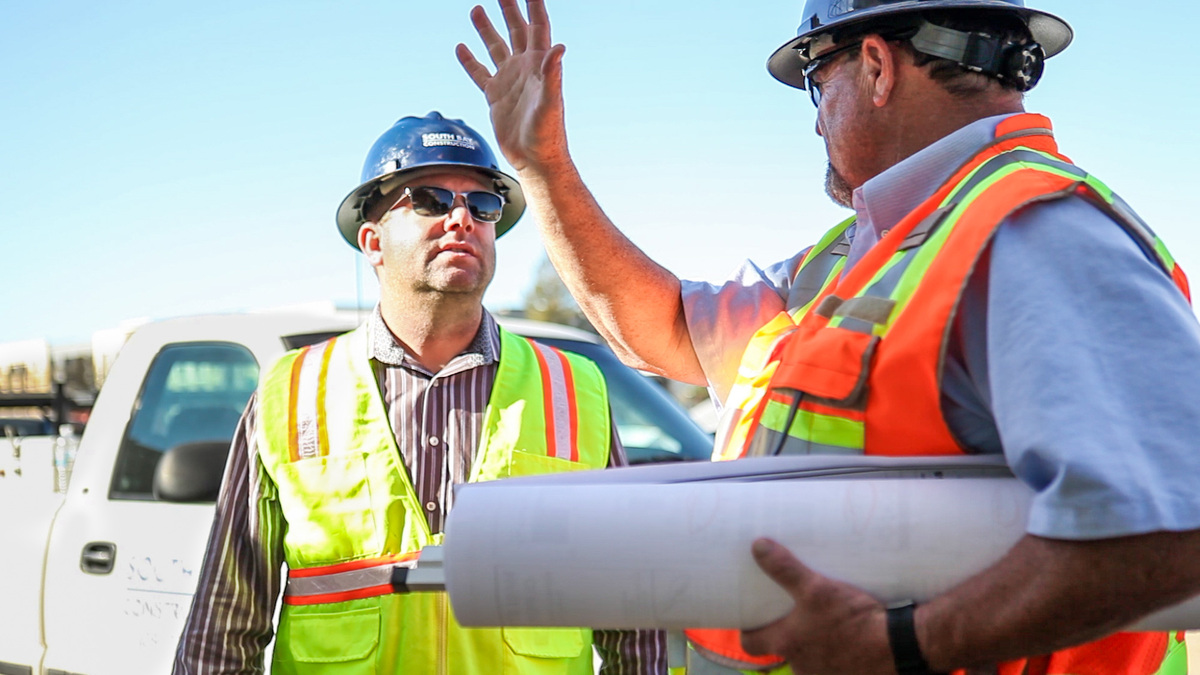
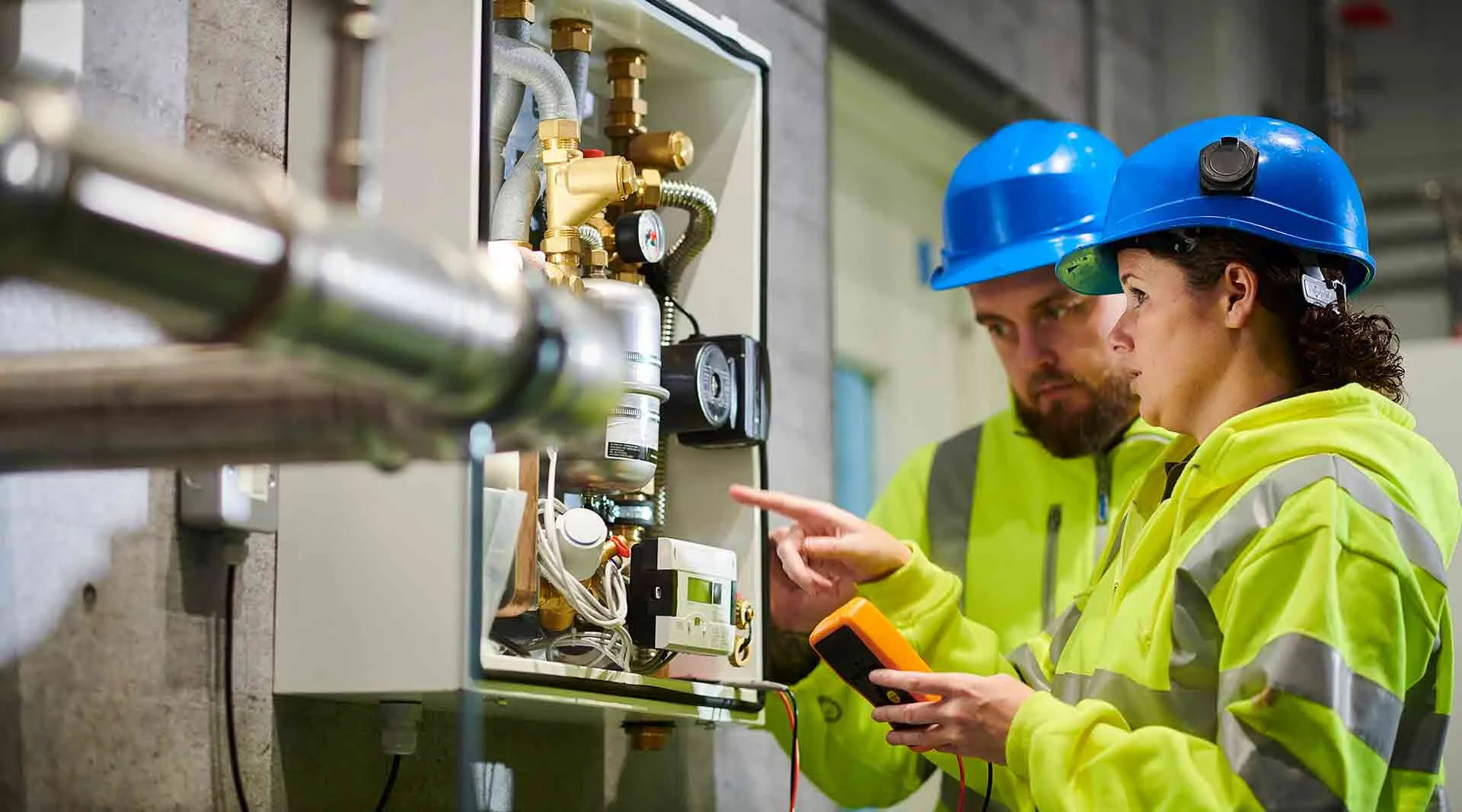
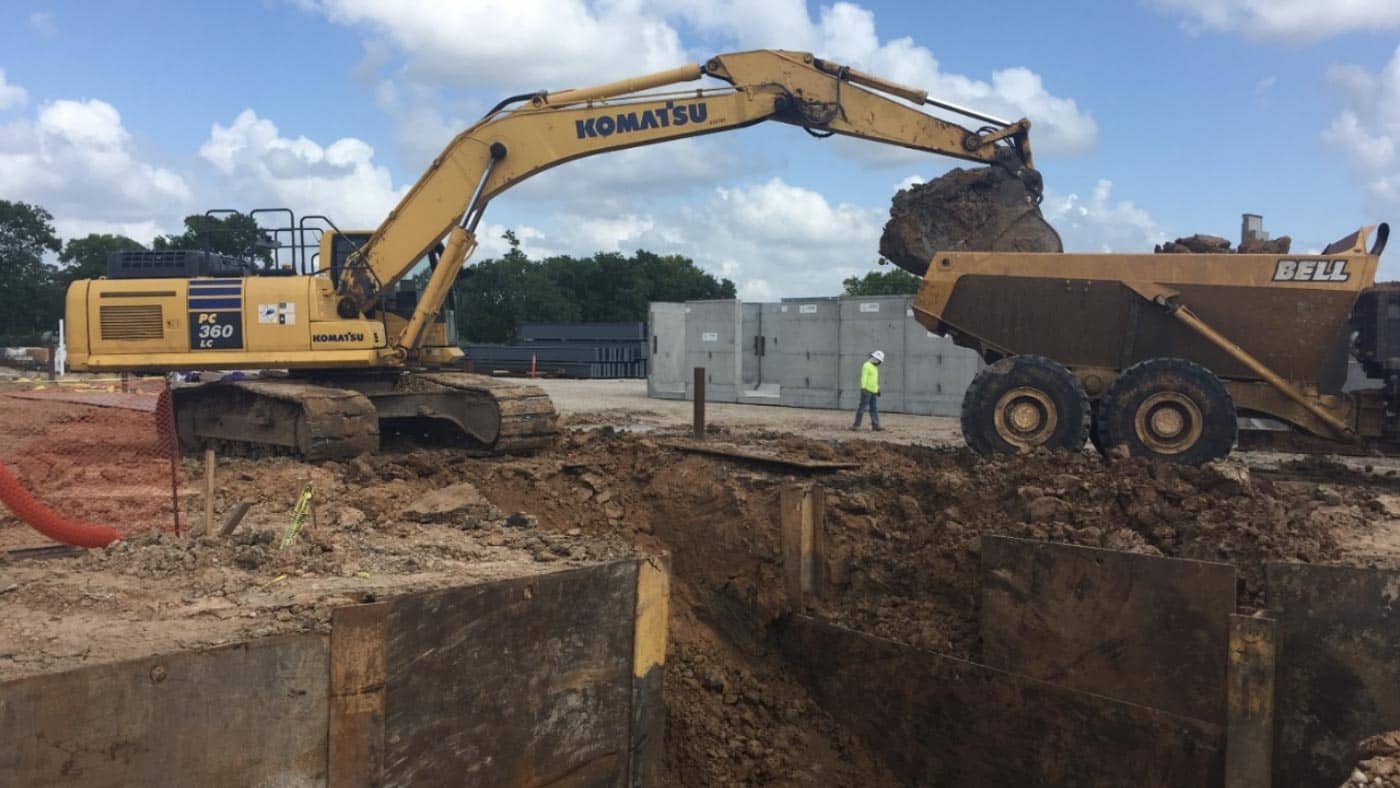
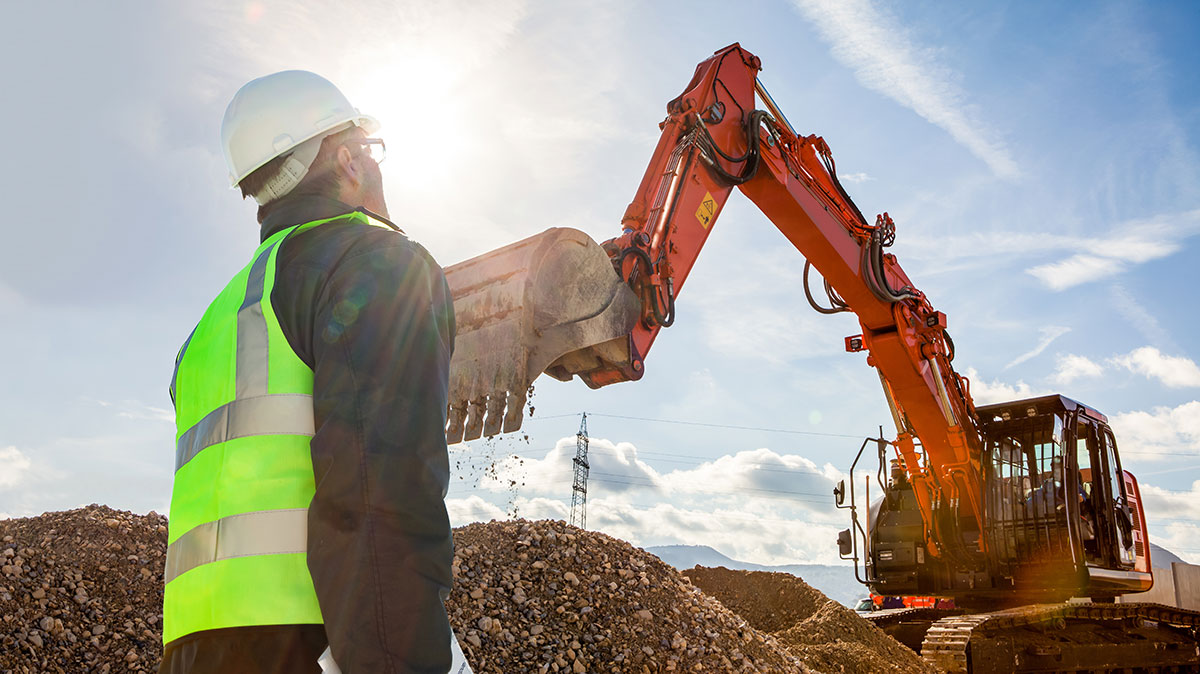

0 thoughts on “What Does Turnkey Mean In Construction”